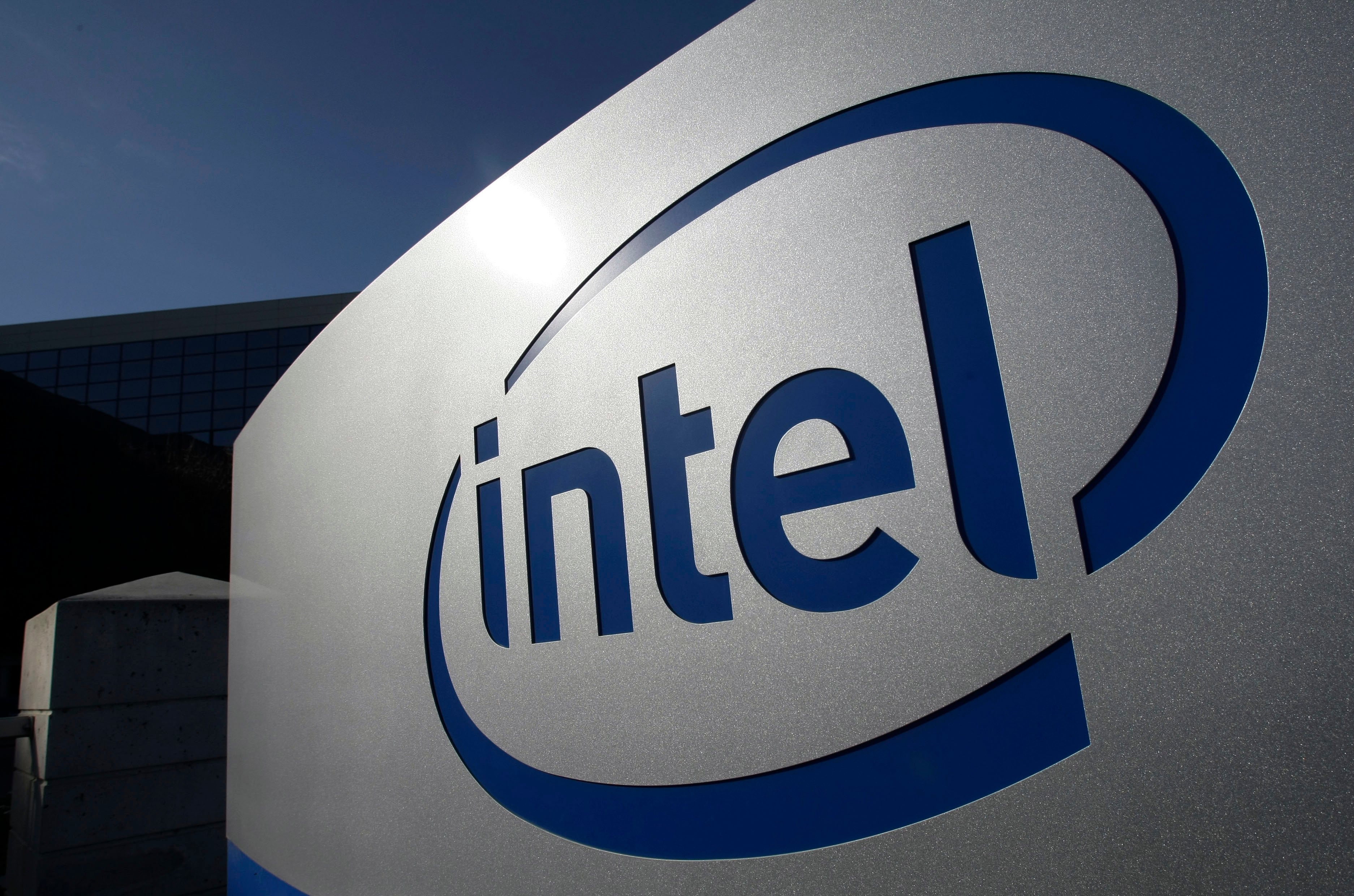Intel Corp. is shedding thousands of workers and cutting expenses as its new CEO works to revive the fortunes of the struggling chipmaker that helped launch Silicon Valley but has fallen behind rivals like Nvidia Corp. and Advanced Micro Devices Inc.
In a memo to employees Thursday, CEO Lip-Bu Tan said Intel plans to end the year with 75,000 “core” workers excluding subsidiaries, through layoffs and attrition. That’s down from 99,500 core employees at the end of last year. The company previously announced a 15% workforce reduction.
“I know the past few months have not been easy. We are making hard but necessary decisions to streamline the organization, drive greater efficiency and increase accountability at every level of the company,” Tan wrote.
In addition, Intel will scrap previously planned projects in Germany and Poland and also move assembly and test operations in Costa Rica to larger sites in Vietnam and Malaysia. Costa Rica will remain a “home to key engineering teams and corporate functions,” Tan said in the memo.
In the U.S., the company said it will “further” slow construction of a semiconductor plant in Ohio.
Founded in 1968 at the start of the PC revolution, Intel missed the technological shift to mobile computing triggered by Apple’s 2007 release of the iPhone, and it’s lagged more nimble chipmakers. Intel’s troubles have been magnified since the advent of artificial intelligence — a booming field where the chips made by once-smaller rival Nvidia have become tech’s hottest commodity.
The Santa Clara, California-based company’s market cap was $98.71 billion as of the market close on Thursday, compared with Nvidia’s $4.24 trillion.
Tan said Intel is focusing on its “core product portfolio” and artificial intelligence offerings to better serve customers.
“There are no more blank checks,” Tan wrote. “Every investment must make economic sense.”
For the second quarter, Intel reported a loss of $2.9 billion, or 67 cents per share, down from a loss of $1.6 billion, or 38 cents per share, a year earlier. Excluding one-time items, the company posted a loss of 10 cents a share.
Revenue was flat at $12.9 billion. Analysts, on average, were expecting adjusted earnings of 1 cent per share on revenue of $12 billion, according to a poll by FactSet.
Ford is recalling more than 355,000 of its pickup trucks across the U.S. because of an instrument panel display failure that’s resulted in critical information, like warning lights and vehicle speed, not showing up on the dashboard.
Nvidia reported a 56% increase in second-quarter revenue and a 59% rise in net income compared to a year ago.
The Rev. Al Sharpton is set to lead a protest march on Wall Street to urge corporate America to resist the Trump administration’s campaign to roll back diversity, equity and inclusion initiatives. The New York civil rights leader will join clergy, labor and community leaders Thursday in a demonstration through Manhattan’s Financial District that’s timed with the anniversary of the Civil Rights-era March on Washington in 1963. Sharpton called DEI the “civil rights fight of our generation." He and other Black leaders have called for boycotting American retailers that scaled backed policies and programs aimed at bolstering diversity and reducing discrimination in their ranks.
President Donald Trump's administration last month awarded a $1.2 billion contract to build and operate what's expected to become the nation’s largest immigration detention complex to a tiny Virginia firm with no experience running correction facilities.
Netflix CEO Ted Sarandos claims audiences don't want to watch Netflix movies in theaters, but that seems not to be the case recently.
Chipmaker Nvidia is poised to release a quarterly report that could provide a better sense of whether the stock market has been riding an overhyped artificial intelligence bubble or is being propelled by a technological boom that’s still gathering momentum.
Cracker Barrel said late Tuesday it’s returning to its old logo after critics — including President Donald Trump — protested the company’s plan to modernize.
Low-value imports are losing their duty-free status in the U.S. this week as part of President Donald Trump's agenda for making the nation less dependent on foreign goods. A widely used customs exemption for international shipments worth $800 or less is set to end starting on Friday. Trump already ended the “de minimis” rule for inexpensive items sent from China and Hong Kong, but having to pay import taxes on small parcels from everywhere else likely will be a big change for some small businesses and online shoppers. Purchases that previously entered the U.S. without needing to clear customs will be subject to the origin country’s tariff rate, which can range from 10% to 50%.
Southwest Airlines will soon require plus-size travelers to pay for an extra seat in advance if they can't fit within the armrests of one seat. This change is part of several updates the airline is making. The new rule starts on Jan. 27, the same day Southwest begins assigning seats. Currently, plus-size passengers can pay for an extra seat in advance and later get a refund, or request a free extra seat at the airport. Under the new policy, refunds are still possible but not guaranteed. Southwest said in a statement it is updating policies to prepare for assigned seating next year.
Cracker Barrel is sticking with its new logo. For now. But the chain is also apologizing to fans who were angered when the change was announced last week.













